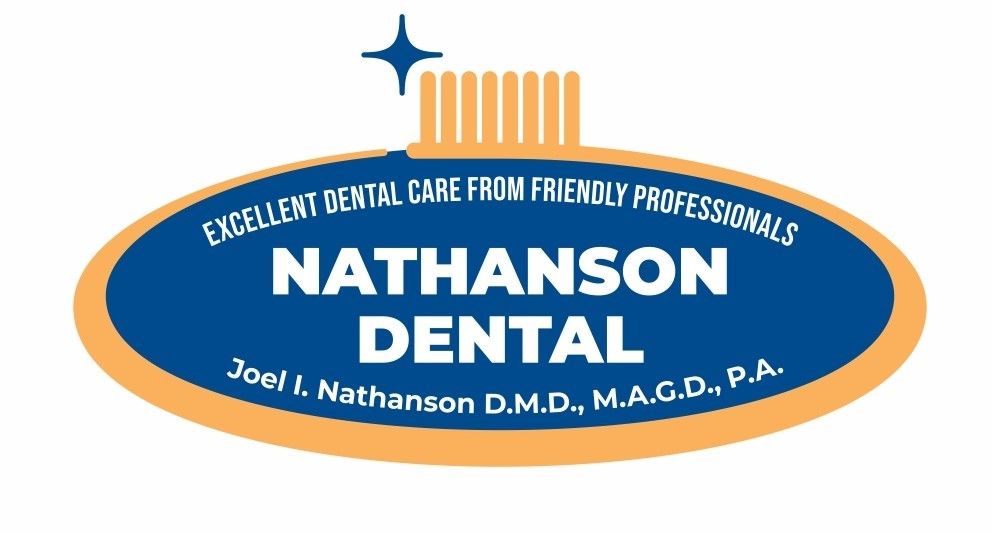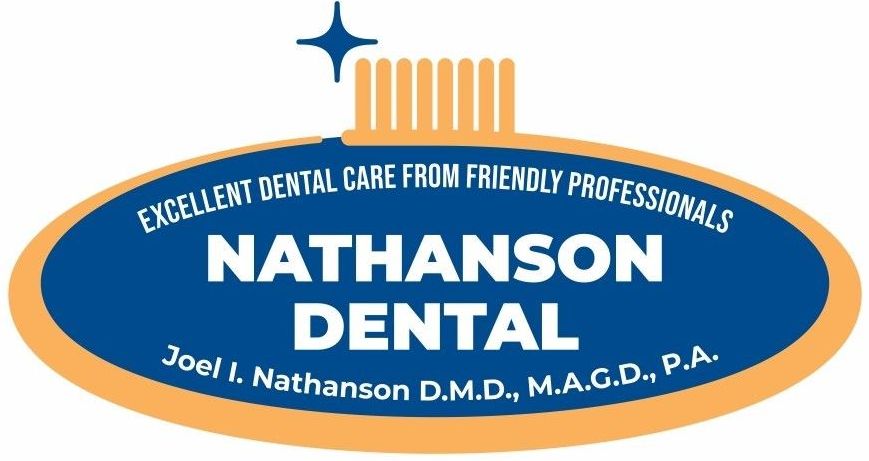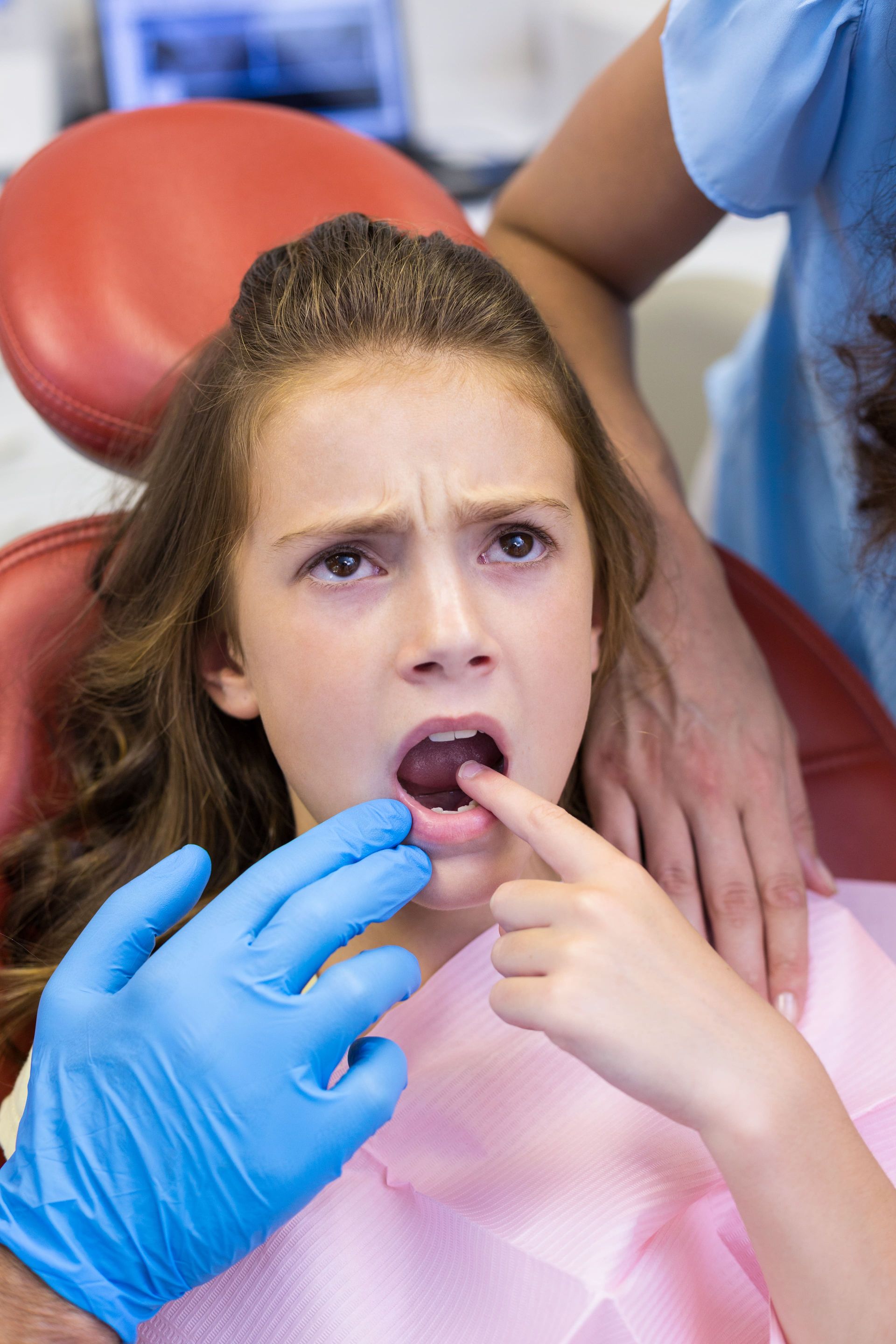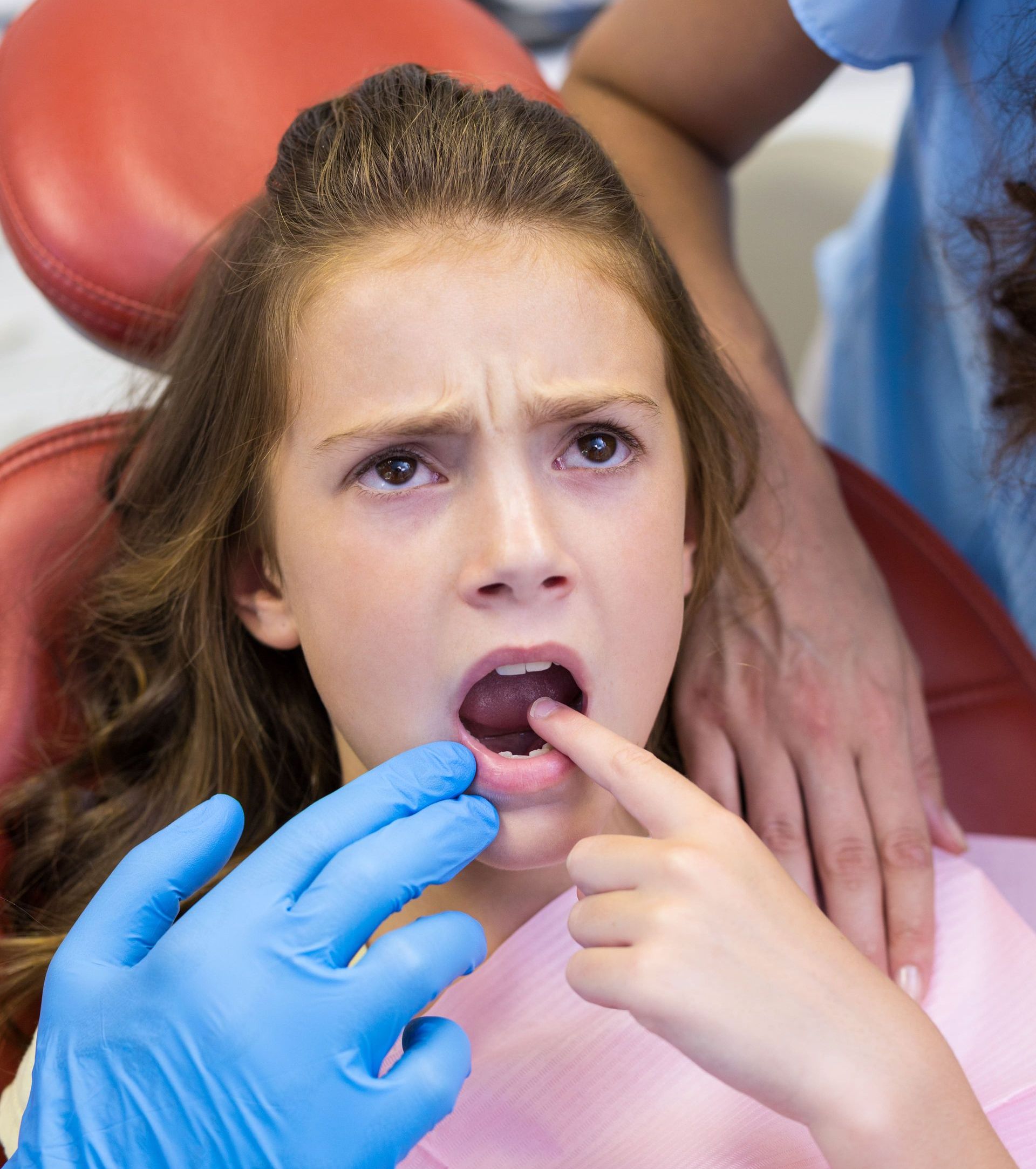
Lost Filling or Crown
Very often, a crown or filling can become loose or fall out while eating or chewing, causing the tooth to become sensitive to temperature changes and pressure. Crowns and fillings generally become loose because the tooth structure beneath is decaying. Because of this, a new replacement crown or filling is usually needed.
If one of your crowns or fillings comes out, make an appointment to come into our office as soon as possible. Keep the crown in a Ziploc bag or other safe place because there is a possibility that we may be able to recement it if it still fits the tooth properly. If the crown is out of the mouth for a long period of time, however, the tooth can sustain further damage and/or the teeth around it may shift, making it difficult or impossible to put the crown back on the tooth.

Cracked or Broken Teeth
Teeth are strong—in fact, tooth enamel is the hardest substance in the human body! However, they are still susceptible to fractures, cracks, and breaks. Sometimes these injuries are fairly painless, but even so, if a tooth has been fractured or cracked, it’s very important to schedule an appointment with us as quickly as possible so that the damage can be repaired—before it turns into something much worse that will be harder (and more expensive) to treat.

Emergency Dentistry at Nathanson Dental
Emergency dentistry is a specialized dental service that provides immediate and effective care for dental emergencies. With expertise, convenience, peace of mind, and prevention benefits, emergency dentistry can help alleviate pain and discomfort and prevent further damage. If you are experiencing a dental emergency in Hunt Valley, MD, it is important to seek immediate care from Nathanson Dental.






